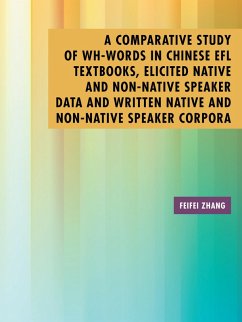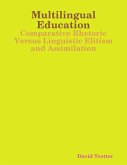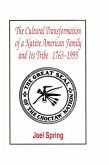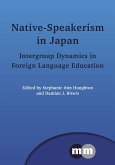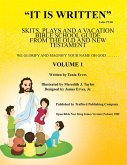This study presents a corpus-based analysis of the use of wh sentences by language learners, in language textbooks and in authentic written discourse. It focuses on the polysemeous nature of wh words, which can be used as interrogatives, declaratives and to introduce subordinate clauses. The analysis of wh sentences in EFL textbooks showed that there are more prototypical examples at low proficiency levels. When teaching the interrogative, textbooks focus almost exclusively on grammatical words, particularly at the beginners level. The analysis of wh sentences elicited from Chinese speaking learners of English and Expert users of English suggested that the prototypical structure is very strong in both sets of data, although native speakers tend to use more prefabricated chunks of language. The analysis of wh sentences from native speakers and non-native speakers written corpora suggested that subordinate clauses are strongly present in both corpora, except for the word why in non-native speakers data. The use of different words occurring immediately after wh words in the two corpora can be explained by (1) the relatively small vocabulary size of the L2 speakers; (2) non-native speakers lack of awareness of restricted collocations; (3) L1 transfer; (4) over/under-generalization of rules and (5) textbooks.
Dieser Download kann aus rechtlichen Gründen nur mit Rechnungsadresse in A, D ausgeliefert werden.

